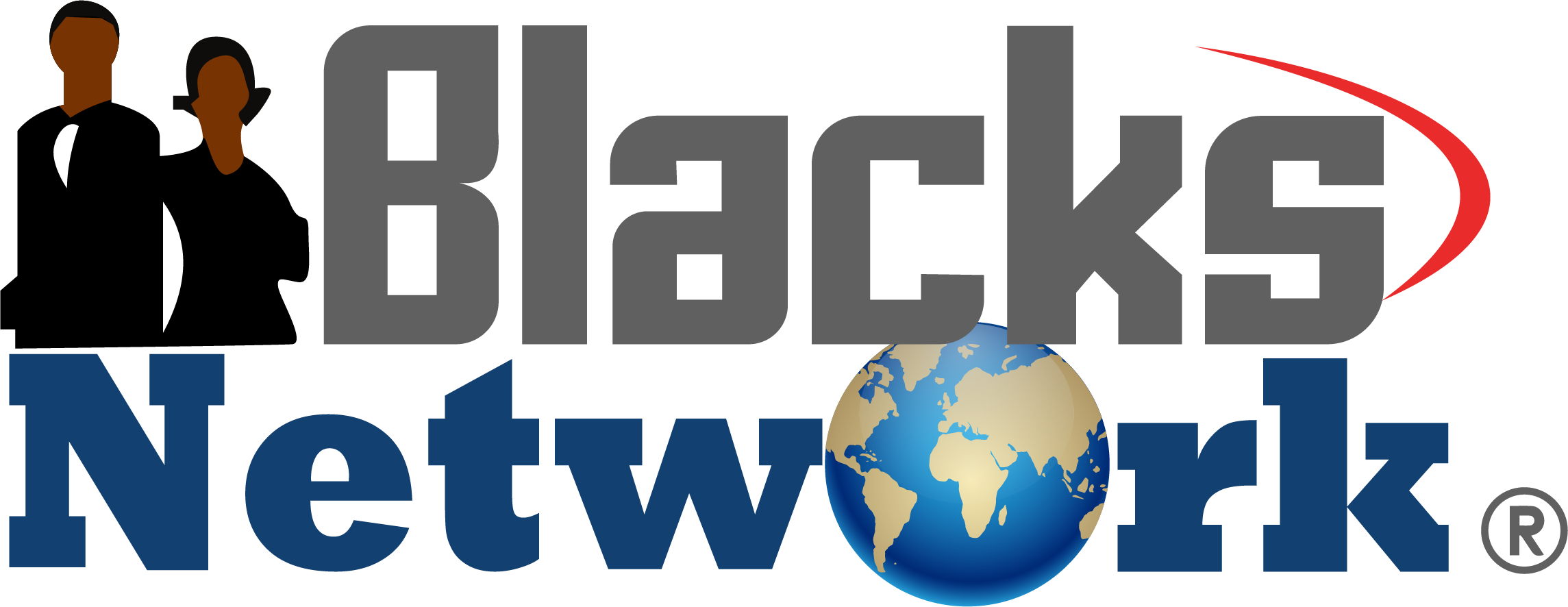Precision Healthcare: Elevating Patient Care through Personalized Medicine Software
Personalized‑medicine software development is reshaping how healthcare providers tailor diagnosis and treatment by harnessing individual genomic, clinical, and lifestyle data. Beyond traditional one‑size‑fits‑all approaches, these platforms combine genetic sequencing, patient history, predictive analytics, and real‑time monitoring to support truly bespoke care.
At the heart of modern initiatives lies advanced artificial intelligence and machine learning. These technologies analyze vast datasets—including genomics and health records—to identify biomarkers, forecast treatment responses, and detect early signs of disease. The result: more accurate diagnoses and treatment regimens optimized for each patient’s unique profile. Some systems even simulate virtual patient models or digital twins to explore therapeutic outcomes before applying them clinically.
Cloud-based infrastructures are instrumental in enabling scalable, accessible solutions. By securely storing and processing diverse data types—from electronic health records to wearable sensor feeds—cloud platforms facilitate collaboration across care teams and institutions. Secure interoperability protocols ensure that data can flow seamlessly between diagnostic tools, clinical systems, and research environments, shifting fragmented workflows into coordinated care pathways.
Healthcare software development also places enormous emphasis on privacy, security, and regulatory compliance. Rigorous encryption, anonymization, audit tracing, and standards‑based access control are embedded to meet international data‑protection regulations. Ethical frameworks and explainable AI practices further increase trust and transparency, particularly when dealing with sensitive genetic information.
Moreover, integrating pharmacogenomics allows systems to predict drug efficacy or potential adverse reactions based on genetic variants—enabling clinicians to select medications that align with a patient’s molecular profile. Wearable devices and remote monitoring technologies feed continual health data into analytic engines, allowing dynamic adjustment of treatment plans in response to evolving conditions.
In sum, personalized‑medicine software development represents a meaningful leap toward data‑driven, patient‑centric care. By merging AI, genomics, strong security, and interoperable design, these platforms empower clinicians to deliver highly precise interventions, improve outcomes, and reduce side effects—marking a significant evolution in healthcare delivery.
Source: https://doc.aquilenet.fr/s/SBQN5BiD8
Suka
Komentar
Membagikan









 1 (877) 773-1002
1 (877) 773-1002